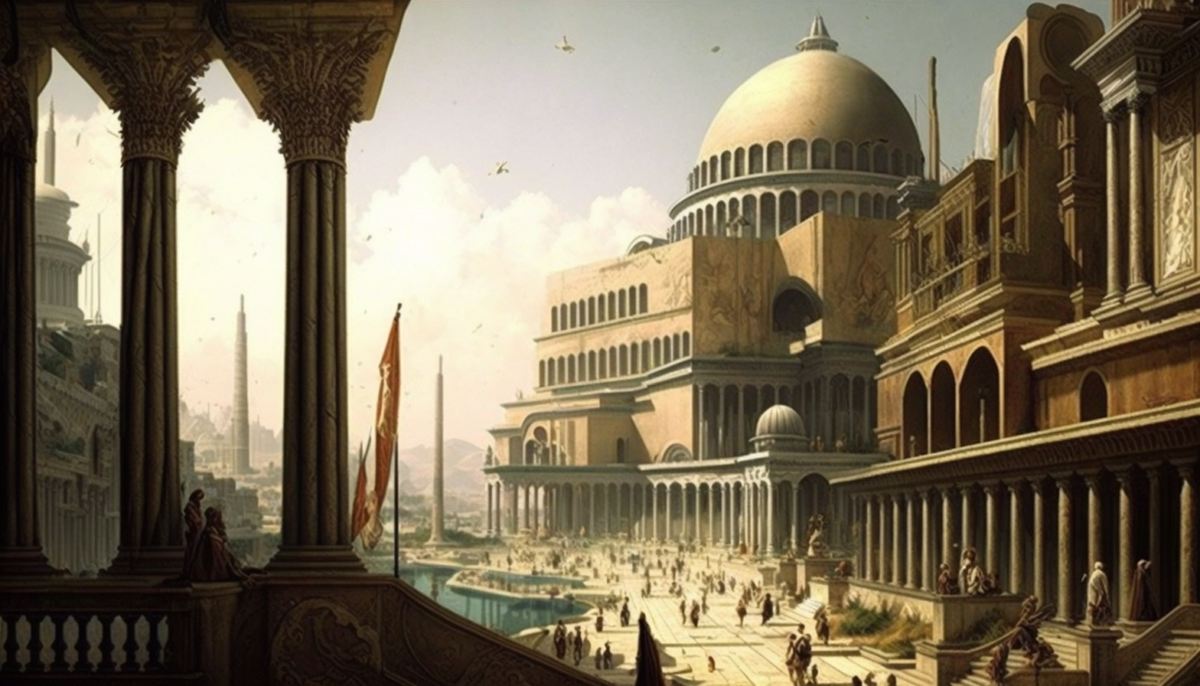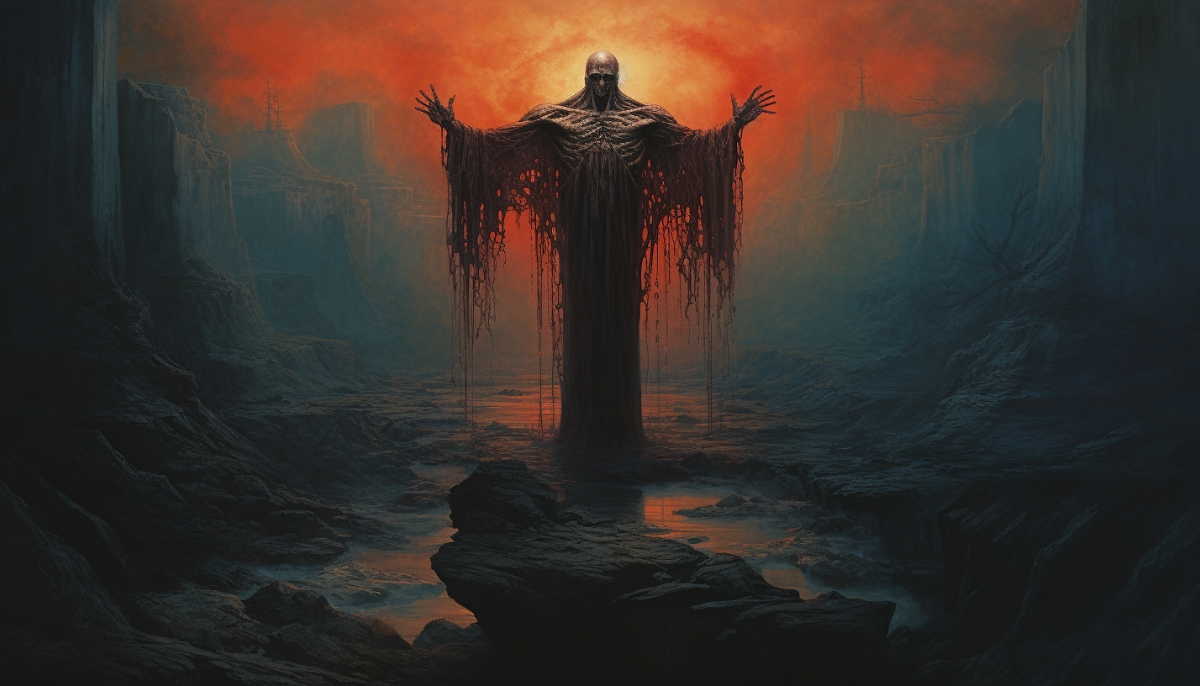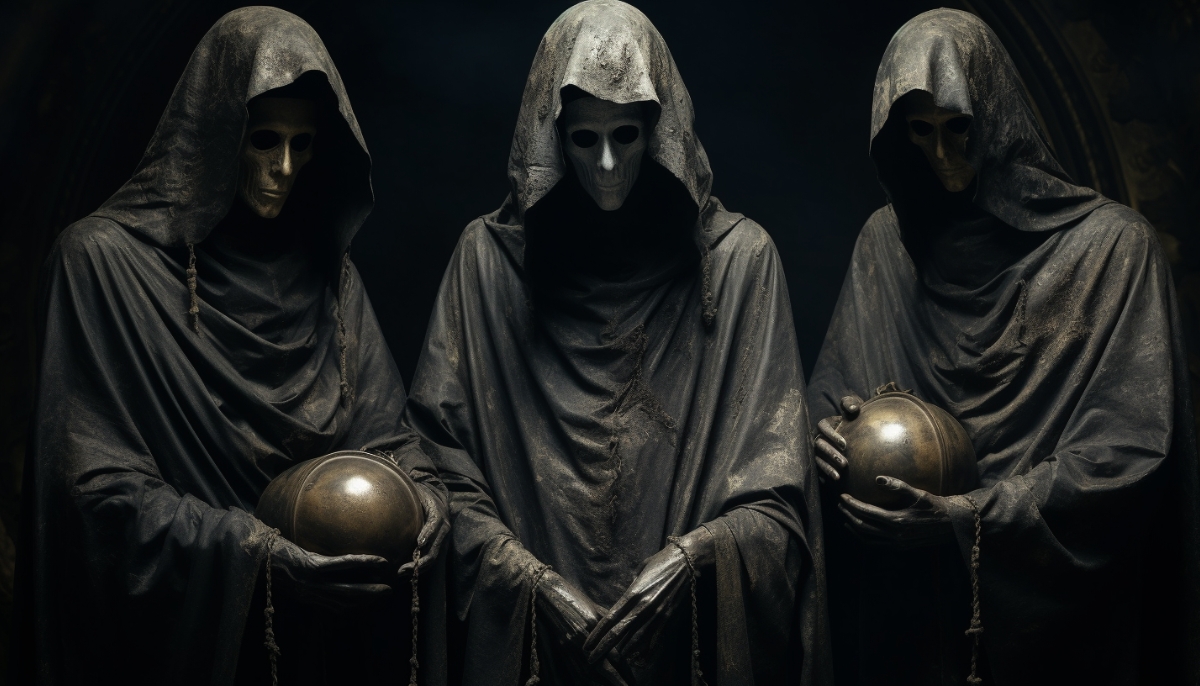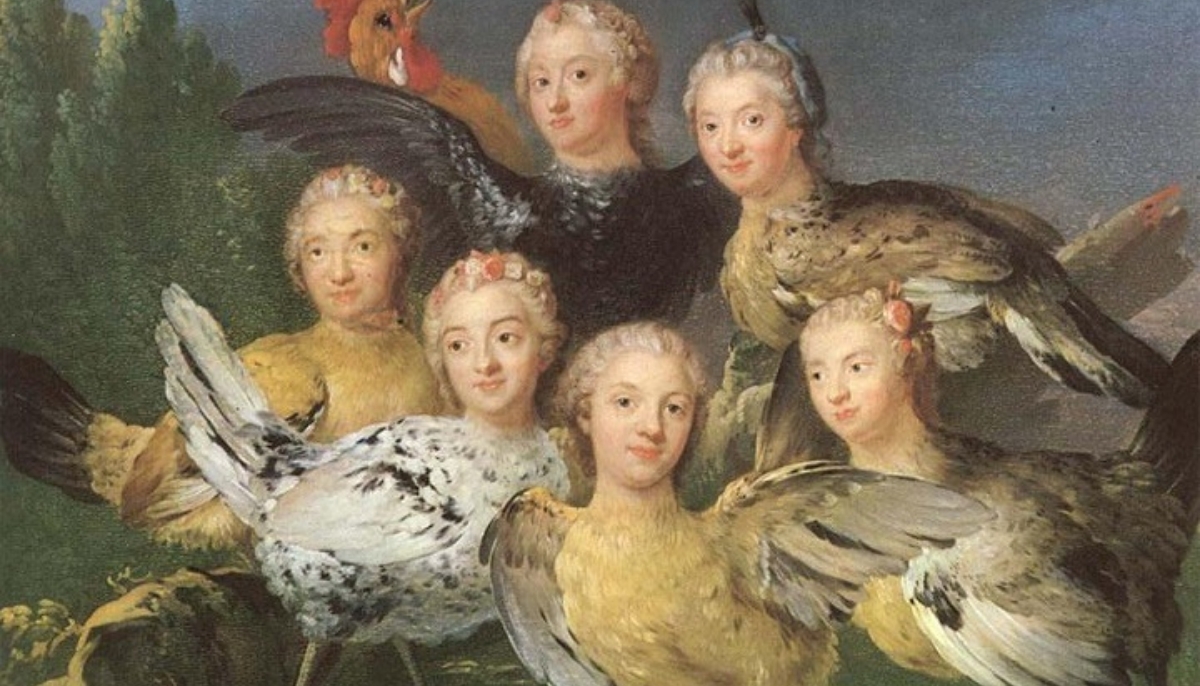The fall of Constantinople to the Ottomans in 1453 was a turning point in history, marking the end of the Byzantine Empire and the beginning of a new era.
But what if Constantinople didn’t fall? How might the course of history have been altered if the Byzantine Empire had stood firm?
From religious and cultural shifts to geopolitical power dynamics, join us on a journey through what could have been a vastly different history.
How Did Constantinople Fall?
The fall of Constantinople in 1453 was a turning point in history that had significant consequences for the Byzantine Empire and the world.
The city had been a center of culture, art, and learning for over a thousand years, and its fall marked the end of the Eastern Roman Empire, also known as the Byzantine Empire.
Ottoman super weapon
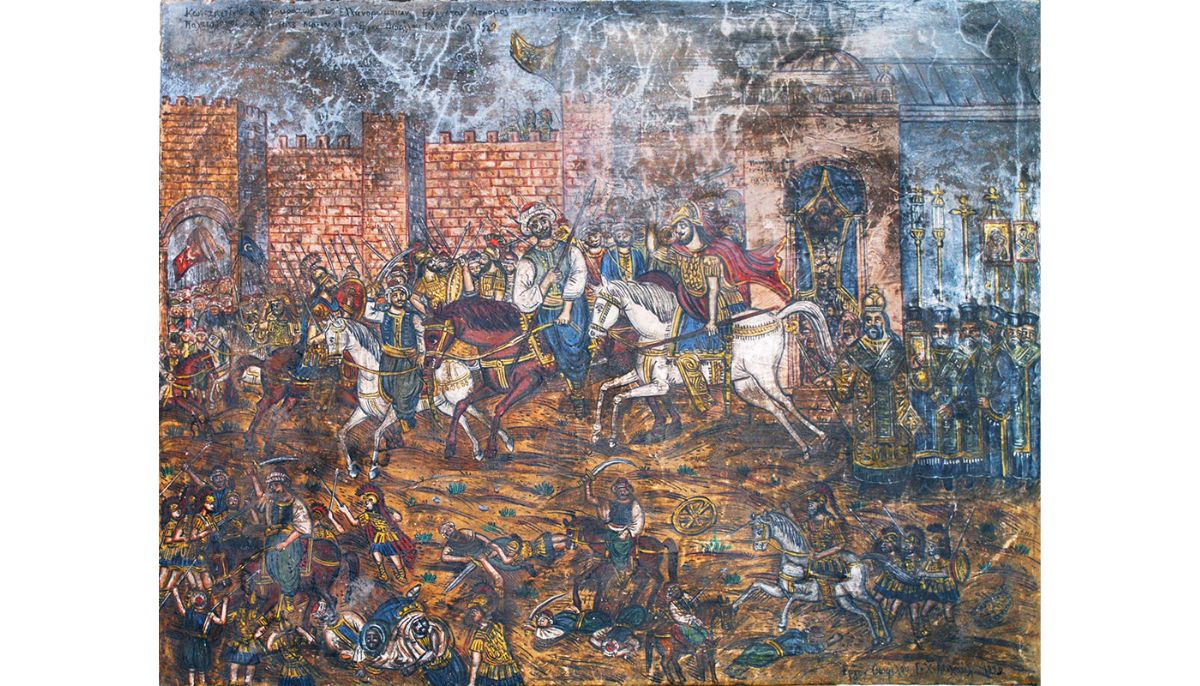
Despite a valiant last stand and a heroic final speech by Constantine XI, the Ottomans, led by Mehmed II, conquered the city. Using their new superweapon, cannons, they shattered the walls of Constantinople, allowing the Ottoman forces to enter and capture the city.
The fall of Constantinople had far-reaching consequences, both for the Byzantine Empire and the rest of Europe. The Byzantine Empire had declined for centuries, and the city’s fall was the final nail in the coffin.
The remaining territories were divided into various states, including the Byzantine Greek States, the Latin Empire, and the Despotate of Epirus.
However, these states were weak and lacked the resources to resist the Ottoman Empire, which continued to expand its territory over the next few centuries.
The new Caliph of Islam
The fall of Constantinople also had a significant impact on the Ottoman Empire. The Ottomans adopted a more orthodox Islamic culture after their conquest, and Mehmed II declared himself the new Caliph of Islam, succeeding the Abbasid Caliphate.
This move gave the Ottoman Empire religious legitimacy and helped it to expand further into the Middle East and North Africa.
In addition, the fall of Constantinople had a profound impact on Europe. It marked the end of the continuous link from the Roman Republic. The fall of Constantinople led to an influx of Greek scholars into Italy, which helped to spark a renewed interest in classical culture and learning.
1. The Renaissance may never have started in Europe
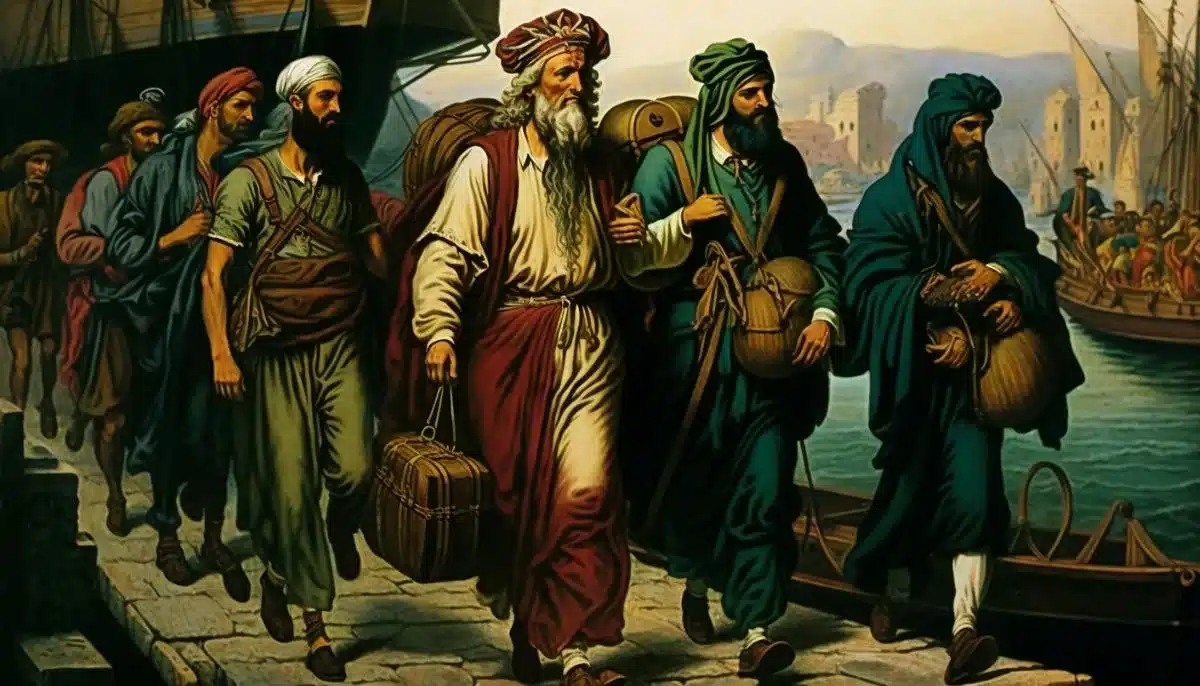
The fall of Constantinople in 1453 brought about a major shift in the intellectual landscape of Europe. The city had been a major cultural and intellectual center for centuries, and its capture by the Ottoman Turks ended the Byzantine Empire.
However, it also profoundly impacted Western Europe, as scholars and intellectuals fled the city, bringing a wealth of knowledge and learning lost to the West for centuries.
These scholars carried ancient texts that were not available in Western Europe at the time, including the complete works of Plato and Aristotle. These texts sparked a renewed interest in classical Greek and Roman culture. This period became known as the Renaissance, a time of significant art, politics, literature, and philosophy shifts.
The influence of the Renaissance was felt throughout Europe and had a lasting impact on the cultural and intellectual development of the continent. It laid the foundation for the modern world, inspiring new ways of thinking and providing the tools and knowledge necessary for the Age of Exploration and the Scientific Revolution.
The fall of Constantinople may have been a tragic event for the Byzantine Empire, but it also sparked a period of cultural and intellectual rebirth that changed the course of European history.
2. the Protestant Reformation May Not Have Happened Without the Fall of Constantinople
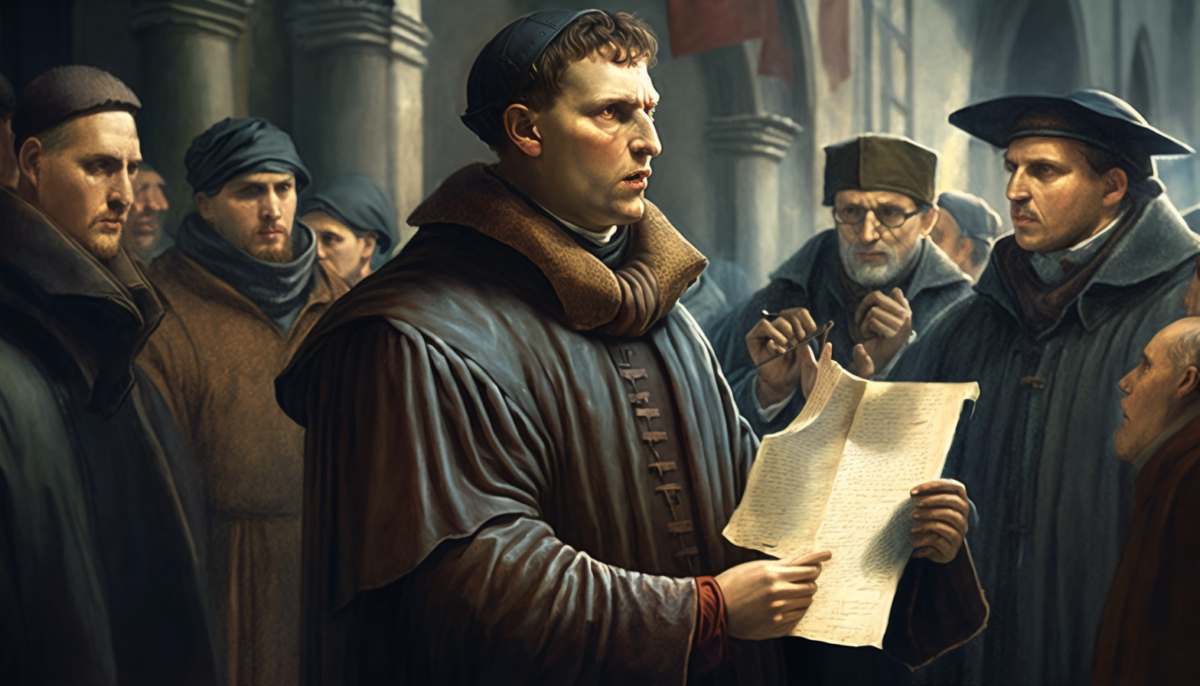
The fall of Constantinople also had a significant impact on the development of Western Christianity. The humanist ideals that arose from the influx of Greek-speaking Christian scholars shaped the works of influential thinkers like Luther, Calvin, and Zwingli, key figures in the Protestant Reformation.
The Protestant Reformation fundamentally altered Europe’s religious and political landscape and had long-lasting consequences that still reverberate today.
Without the influence of the Renaissance and humanism, the Protestant Reformation may have taken a different form or happened much later. The ideas of individualism, critical thinking, and the emphasis on personal faith were crucial in forming Protestantism.
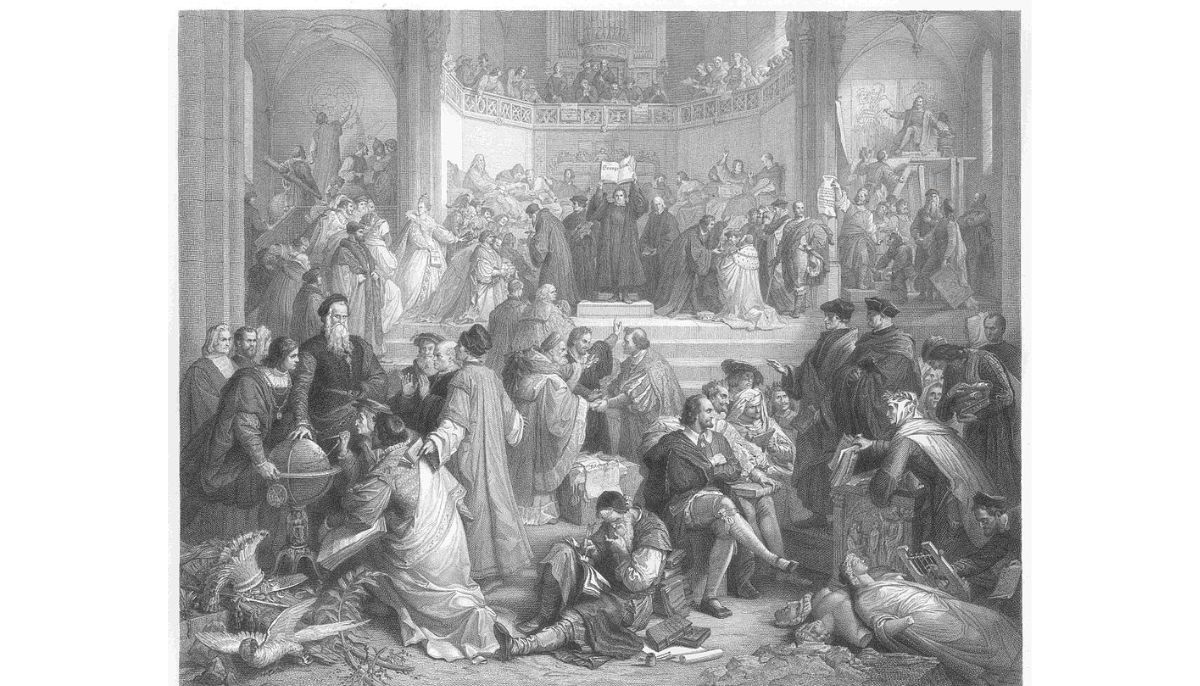
Martin Luther, in particular, was a key figure who rejected the established authority of the Catholic Church and sought to reform it. His works, including the Ninety-Five Theses, were influenced by humanist ideals and the questioning of authority that arose from the Renaissance.
Suppose the fall of Constantinople had not happened. In that case, the development of humanism and the Renaissance may not have occurred, and the Protestant Reformation may have been delayed or taken a completely different form.
The split in Christianity was likely inevitable. Still, it would have looked vastly different without the influence of humanist ideals and figures like Luther.
3. If the Ottoman Empire Did Not Control the Route to India, the Age of Discovery Might Not Have Started
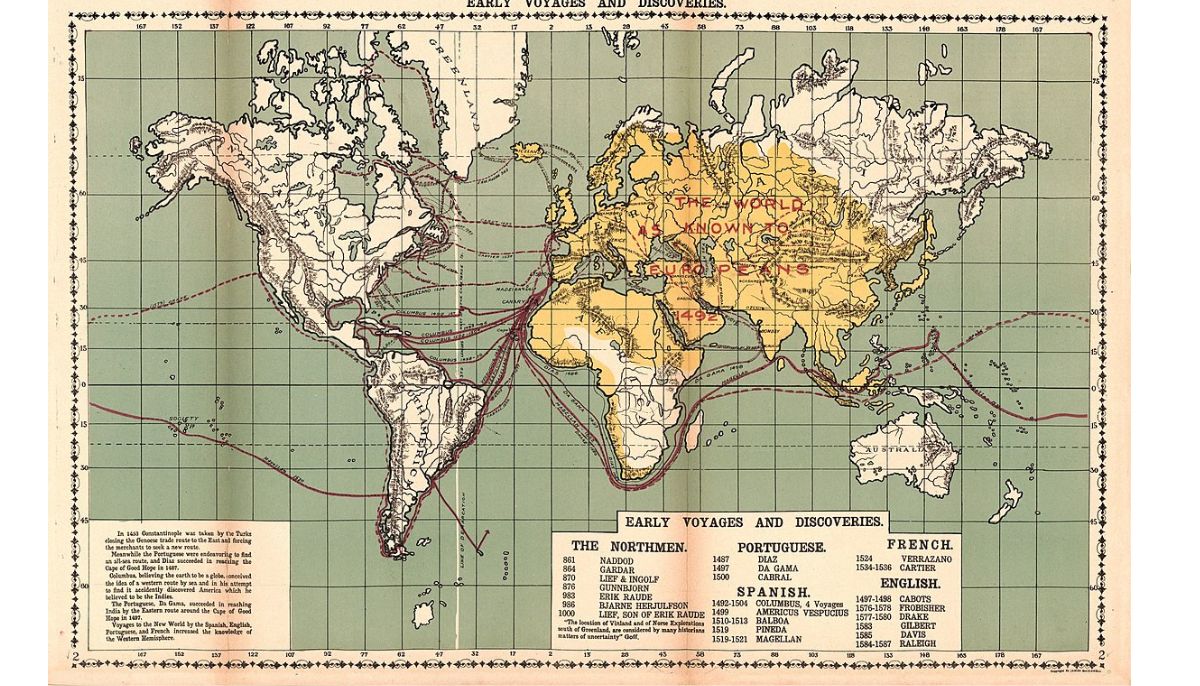
The European Age of Discovery, from the 15th to 18th centuries, is considered one of the most significant periods in history. It marked the beginning of colonialism and imperialism as European explorers embarked on many voyages of discovery to various parts of the world.
The driving force behind this exploration was the desire for new trade routes, as goods such as spices and silks were no longer readily available in Europe following the fall of Constantinople.
With the Ottomans declaring war on Christian Europe for 200 years after the conquest of Constantinople, European traders were forced to seek alternative routes to the East.
This led to the discovery of new routes to India by the Portuguese and the discovery of the Americas by Christopher Columbus, among other significant discoveries.
It is impossible to predict what the world would have looked like without the Age of Discovery, but it is clear that it forever changed the course of history.
4. The Kingdom of Spain May Not Have been United Without the Threat of Muslim Conquests in Europe
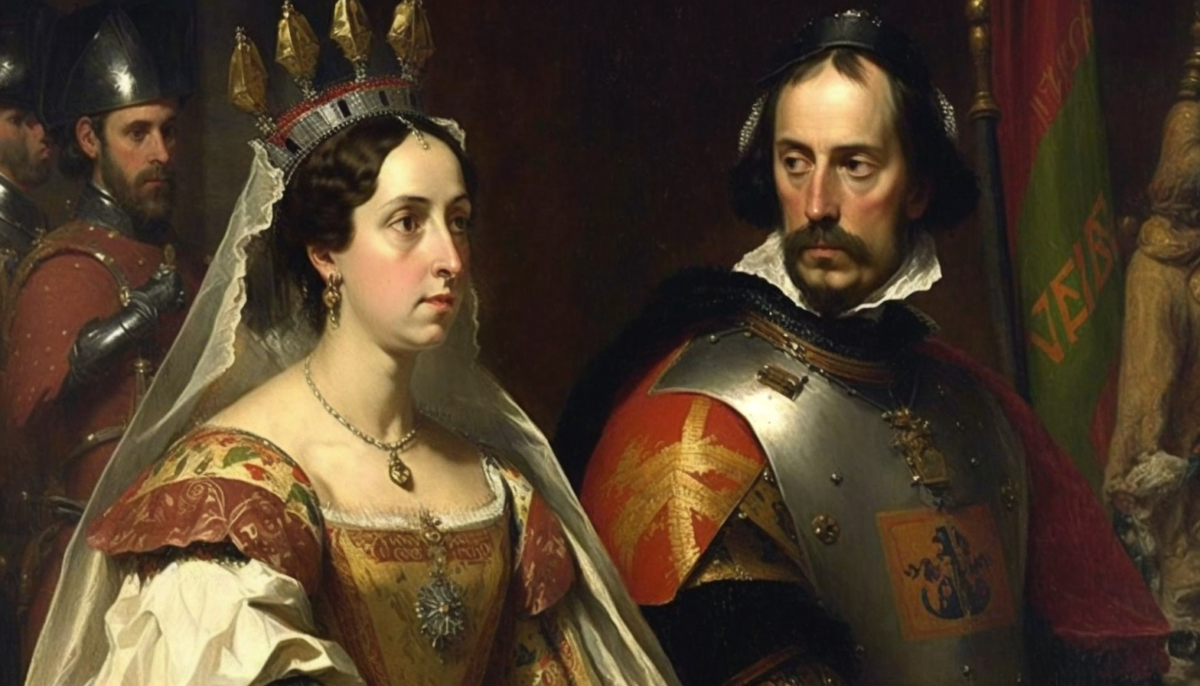
The unification of Spain under Ferdinand and Isabella was a critical event in European history. The marriage of the two monarchs brought Spain’s two most powerful kingdoms together and paved the way for establishing a centralized, strong, and powerful Spanish state.
The conquest of Granada, the last Muslim state in Western Europe, was a defining moment in the unification process. This event marked the end of the long struggle between Muslims and Christians in the Iberian Peninsula.
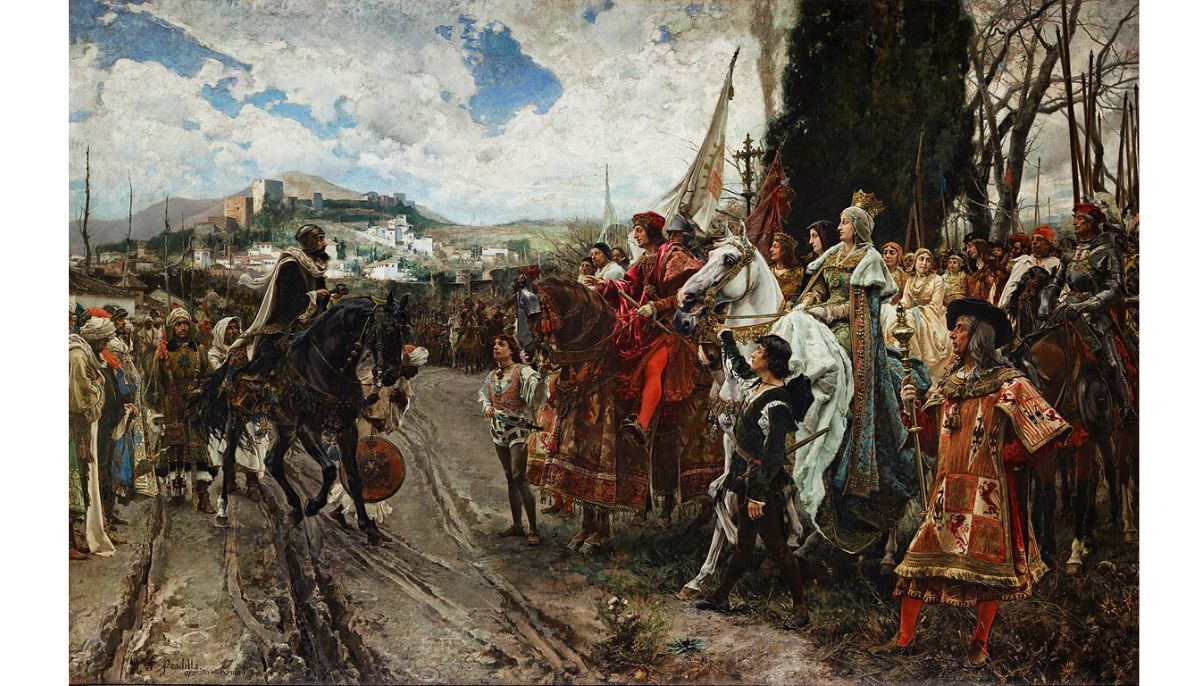
The unification of Spain allowed the country to embark on a period of exploration, conquest, and colonization, eventually leading to the establishment of a vast Spanish Empire. Without the union of Aragon and Castile, Spain may not have had the strength and resources to undertake such ambitious endeavors.
The fear of Muslim expansionism was a major factor that motivated Ferdinand and Isabella to unite their kingdoms. The Ottoman Empire was seen as a significant threat to Christian Europe, and the fall of Constantinople only reinforced this fear. The conquest of Granada was, in many ways, a symbolic victory for Christianity over Islam.
5. Russia May Not Have been United Without the Orthodox Christian Refugees From Constantinople
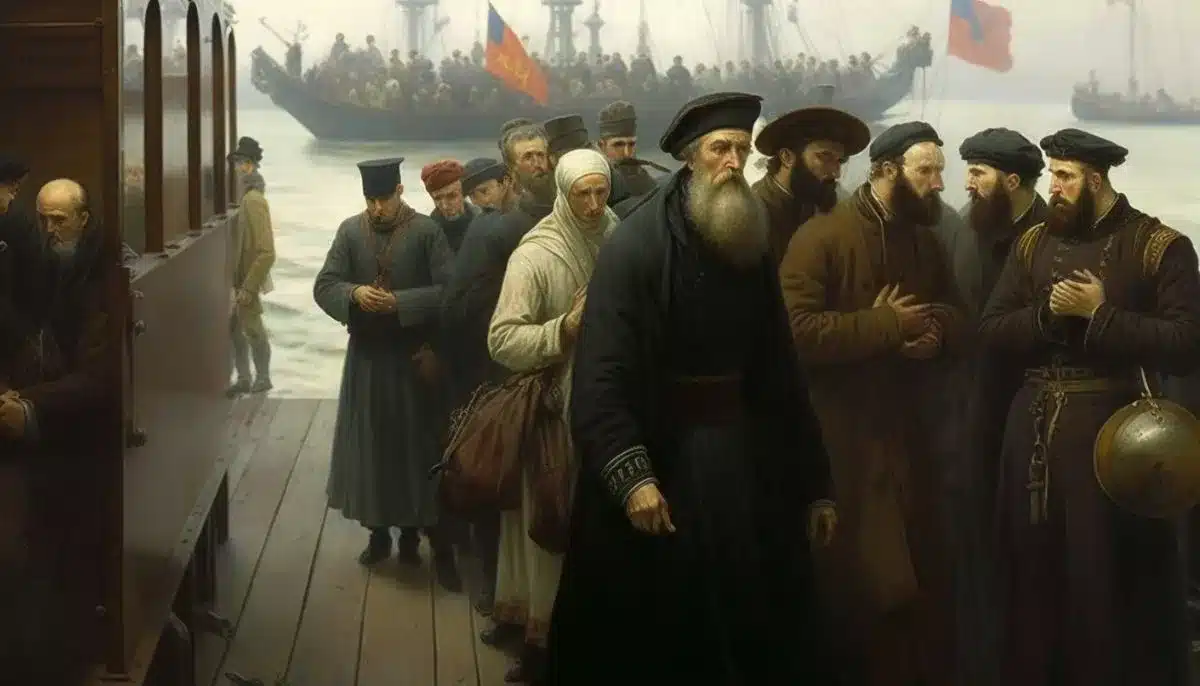
The fall of Constantinople in 1453 had a profound impact on Russia and its subsequent development. Ivan III, the Grand Prince of Moscow, saw an opportunity to assert his authority and claim the title “Ruler of all Rus.” He was able to triple his territory and create a centralized state, effectively ending the rule of the Mongol Empire over Russia.
The fall of Constantinople had a significant impact on Russia’s religious and cultural identity. With the Byzantine Empire no longer existing, the Eastern Orthodox Church required a new spiritual center.
Moscow, with its growing power and prestige, became a natural choice. Ivan III styled himself as a new Roman Emperor and Moscow as the Third Rome, claiming to be the successor to both Rome and Constantinople.
The influx of Orthodox Christian refugees from Constantinople into Russia also played a crucial role in shaping the country’s cultural and religious identity. Many of these refugees were artists, scholars, and theologians who brought with them the knowledge and traditions of the Byzantine Empire.
Without the fall of Constantinople, Russia’s cultural, religious, and political development would have taken a very different course. It’s possible that the Eastern Orthodox Church would have remained centered in Constantinople, and Russia may not have emerged as a major power in Europe.
6. A modern-day Roman Empire?
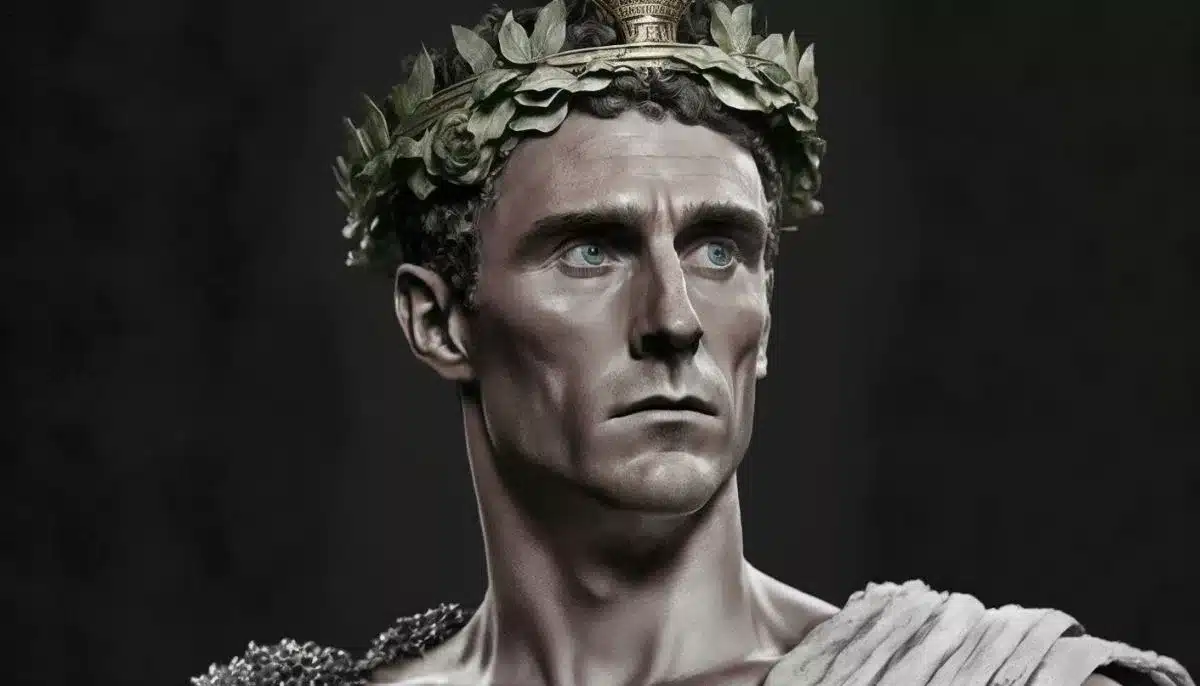
At the time of the fall of Constantinople, the Byzantine Empire was in a state of disarray and very weak. It had declined for centuries and was no longer the powerful empire it once was. It is unlikely it could have made a comeback even if the Ottomans had not conquered the city.
However, it is interesting to consider what could have happened if a modern-day Roman Empire had emerged based around Constantinople. With its strategic location at the crossroads of Europe and Asia, the city could have built a powerful navy and become a major player in the Age of Discovery.
- Could a new Augustus bring Rome back from the dead? Check out the greatest achievements of the original man who formed the Roman Empire from the ashes of the Republic
A modern-day Roman Empire would have faced many challenges and obstacles, but its history and legacy could have been formidable. It would have had to contend with rival European powers, navigate the changing dynamics of global trade, and address the time’s complex social, economic, and political issues.
Despite these challenges, a modern-day Roman Empire could have been a significant player in shaping world history. It could have served as a bridge between East and West and helped to promote peace and stability in the region.
However, the fall of Constantinople marked the end of an era and the beginning of a new one, leaving us to ponder what could have been.
The Byzantine Empire was too weak to survive in 1492
While the question of what if Constantinople had never fallen to the Ottomans is intriguing, the reality is that by 1492, the Byzantine Empire was so weakened that its fall was inevitable.
Instead, the more fruitful alternate history questions might be about what if the Latins had never sacked Constantinople or if the Byzantines had won the Battle of Manzikert.
Fan of historical what if’s? Check these out:
